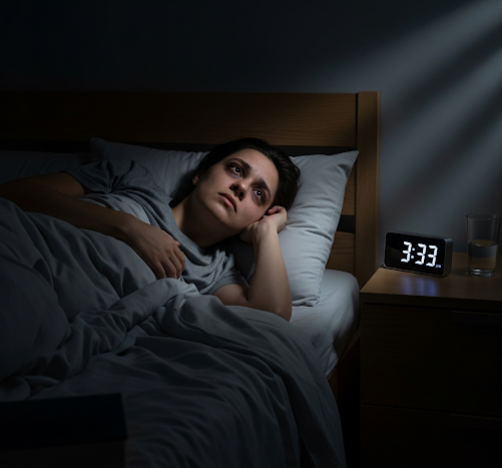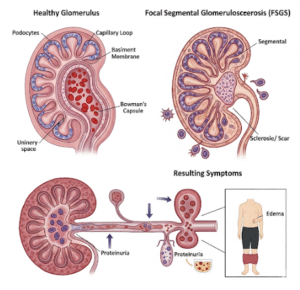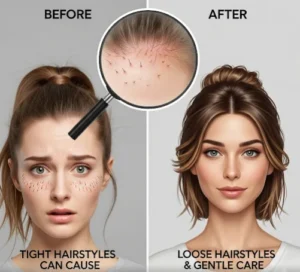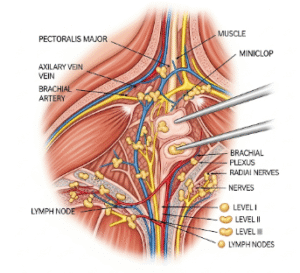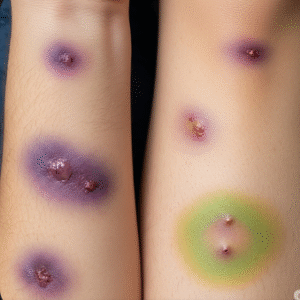Overview
Insomnia is a common sleep disorder characterized by difficulty falling asleep, staying asleep, or waking up too early and not being able to return to sleep. It can be short-term (acute) or long-term (chronic), significantly affecting a person’s health, mood, and daily functioning.
In Korea, where work and study schedules are often demanding, insomnia is a growing concern. The fast-paced lifestyle, combined with high levels of stress and technology use before bedtime, contributes to an increasing number of people seeking medical help for sleep problems. Korean medical centers offer both traditional and modern treatments, ranging from cognitive behavioral therapy for insomnia (CBT-I) to herbal medicine and acupuncture.
What is Insomnia?
Insomnia is not just the occasional sleepless night—it is a consistent pattern of sleep difficulty that occurs despite having enough opportunity to rest. It is classified into:
- Acute insomnia – Lasting a few days to weeks, often triggered by stress or life changes.
- Chronic insomnia – Occurring at least three nights a week for three months or more.
- Primary insomnia – Sleep issues not directly caused by another health condition.
- Secondary insomnia – Sleep problems caused by an underlying medical or psychological condition.
Symptoms
Common symptoms of insomnia include:
- Difficulty falling asleep at night
- Waking up during the night and struggling to return to sleep
- Waking up earlier than desired
- Feeling tired or unrefreshed after sleeping
- Daytime fatigue or sleepiness
- Difficulty concentrating or remembering things
- Irritability, mood swings, or anxiety
- Reduced performance at work or school
Causes
Insomnia can result from various factors, often a combination of physical, psychological, and environmental influences:
- Stress from work, relationships, or financial problems
- Mental health disorders such as anxiety and depression
- Poor sleep habits like irregular bedtime schedules or excessive screen time
- Medical conditions including chronic pain, asthma, or thyroid disorders
- Medications that interfere with sleep (e.g., certain antidepressants, blood pressure drugs)
- Caffeine, nicotine, or alcohol consumption close to bedtime
- Environmental disturbances such as noise or light in the bedroom
Risk Factors
Certain factors can increase the risk of developing insomnia:
- Being female (hormonal changes during menstruation, pregnancy, or menopause can affect sleep)
- Age over 60 (changes in sleep patterns and health conditions are more common)
- High-stress lifestyle
- Frequent travel across time zones (jet lag)
- Shift work or irregular working hours
- Chronic medical or mental health conditions
Complications
If untreated, insomnia can lead to significant health and lifestyle problems, such as:
- Reduced quality of life and productivity
- Increased risk of accidents due to fatigue
- Weakened immune system
- Worsening mental health issues like depression or anxiety
- Weight gain and metabolic disorders
- Increased risk of cardiovascular disease and hypertension
Prevention
While not all cases can be prevented, healthy sleep habits can greatly reduce the risk of insomnia:
- Keep a consistent sleep schedule
- Avoid caffeine, nicotine, and alcohol close to bedtime
- Limit screen exposure (phones, TVs, computers) at least one hour before sleep
- Create a comfortable, quiet, and dark sleep environment
- Manage stress through relaxation techniques such as meditation, deep breathing, or gentle yoga
- Exercise regularly, but not too close to bedtime
Treatment Options in Korea
Diagnosis
In Korea, insomnia is diagnosed using a combination of patient history, sleep questionnaires, and sometimes overnight sleep studies (polysomnography) to rule out other disorders such as sleep apnea. Specialists may also use actigraphy devices to track sleep patterns.
Non-Medication Treatments
- Cognitive Behavioral Therapy for Insomnia (CBT-I) – The gold-standard, non-drug treatment offered widely in Korean sleep clinics.
- Sleep hygiene education – Personalized guidance to improve daily habits affecting sleep.
- Relaxation techniques – Guided meditation, breathing exercises, and progressive muscle relaxation.
Medication
In cases where non-medication approaches are insufficient, doctors may prescribe:
- Short-term sleep aids such as zolpidem or benzodiazepines
- Melatonin supplements to regulate sleep-wake cycles
- Antidepressants with sedative effects for patients with coexisting depression or anxiety
Traditional Korean Medicine (TKM)
Many patients in Korea choose herbal remedies and acupuncture, which aim to balance body energy and reduce stress that disrupts sleep. Herbal formulas such as Suanzaoren Tang are commonly prescribed by licensed TKM practitioners.
Lifestyle and Support
Korean wellness centers and hospitals often integrate counseling, stress management programs, and relaxation spaces to promote healthier sleep patterns.
Prognosis in Korea
With proper diagnosis and a tailored treatment plan, most patients see significant improvement in their sleep quality within weeks to months. Combining modern medical approaches with traditional therapies is a common and effective strategy in Korea.

